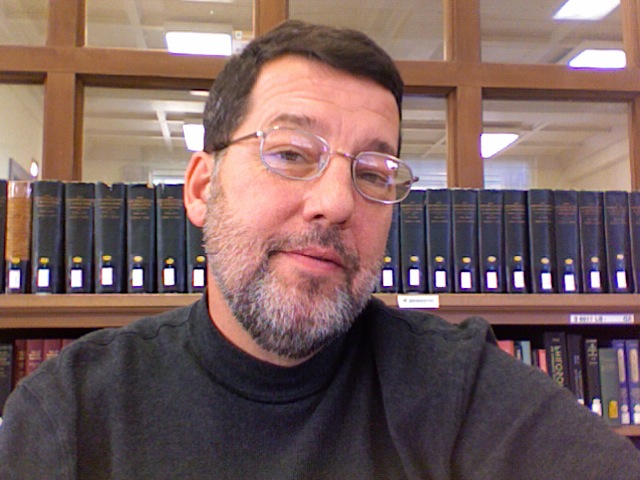
07 Jul PAT BAILEY’S SPIRITUALITY WITH RELIGION
Editor’s note: In his doctoral dissertation, Pastor Pat Bailey of Telluride’s Christ Presbyterian Church is claiming the need for a re-visioning of the Christian church’s theology and its understanding of mission, the need for a more natural, integrative theology and for an earth-focused, contextual approach to mission. To that end, he is reviewing the theology of three contemporary theologians whose thought is very integrative of Nature and Spirit from three very different approaches. This blog is part of a weekly series.
 I am first presenting the thought of Sigurd Bergmann who provides a view of the Spirit that is deeply integrative with Nature, expressed in classical categories of trinity and incarnation and informed by Liberation Theology.
I am first presenting the thought of Sigurd Bergmann who provides a view of the Spirit that is deeply integrative with Nature, expressed in classical categories of trinity and incarnation and informed by Liberation Theology.
Last week I introduced Bergmann’s use of the apophatic principle as a way of avoiding discussions about the essence or being of God and of dismissing natural theology. I am more comfortable with the apophatic principle as applied to practices of contemplation. There it refers to an emptying of images and concepts to encounter God beyond the possibilities of definition or description, a knowing in unknowing.
Bergmann, on the other hand, is referring to apophatic theology, or negative theology, within the boundaries of trinitarian categories, that is, the God that is beyond defining is the Trinity. In this usage, he is in keeping with the tradition of apophatic approaches in classical and orthodox Christian theology. Such an approach, however, necessitates recourse to a revelation of the trinitarian nature of the Godhead since the Trinity from this view has no correspondence within creation itself. So, rather than the concept of Trinity being an illuminating metaphor for God, it becomes a foundationalist definition of God, and this is true whether one is speaking about relationality or essence, economy or ontology.
Apophatic contemplation, in its broadest sense, involves encountering God beyond both descriptions and definitions, including trinitarian. The Godhead, as such, lies beyond even trinitarian categories. In Bergmann’s view, I suppose this would indict me of mystical speculation and of consorting with the new wisdom and Nature spiritualities of late-modernism, and indeed he would be correct. Such apophatism might also reveal my participation in the wisdom and mystic currents that have run under the shared memory of Christian tradition and have found expression in multiple local theologies of the Christian movement.
Do you understand revelation as something that God speaks from the outside in or as something that emerges from within our experience in Nature? Is the divine voice entirely separate from the voice of our shared experience and expanding consciousness? Does an apophatic attitude allow an approach to the mystery without the need to define it, mystery beyond our definitions and so the invitation to abide in that mystery?


Sorry, the comment form is closed at this time.